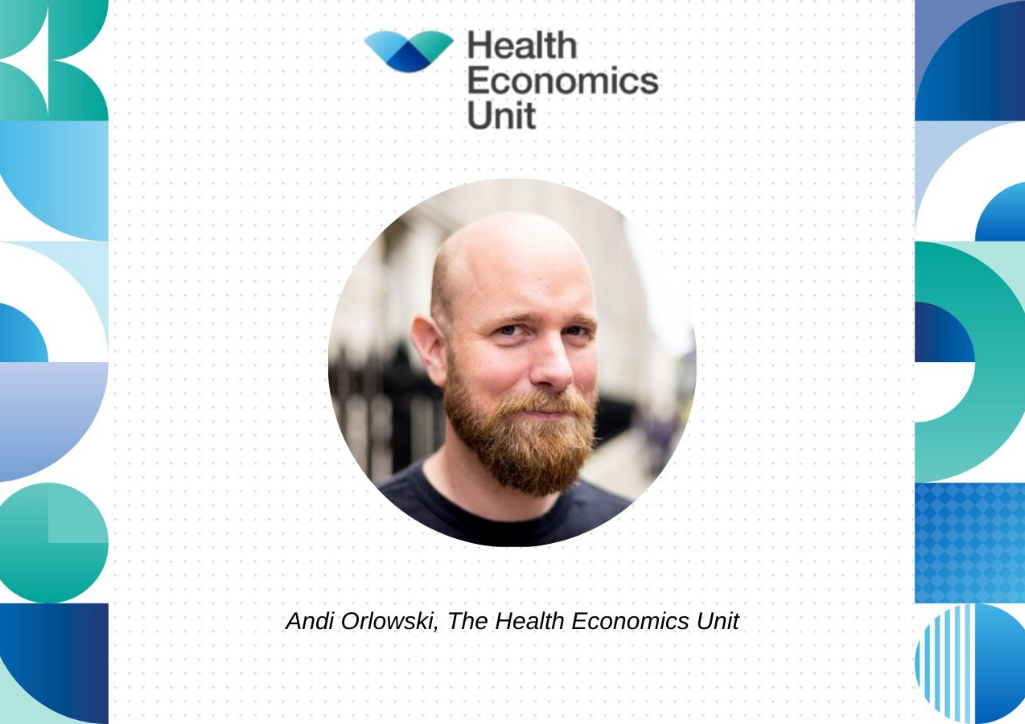Andi Orlowski, Director of the Midlands and Lancashire Commissioning Support Unit’s Health Economics Unit, writes about the profession of being an analyst in the NHS and their essential role in improving decision making across healthcare.
“A good analyst can save more lives than a good anaesthetist” – new NHS England CEO Amanda Pritchard.
This is a brilliant recognition of analysts and their strategic impact on the delivery of healthcare. However, while a soundbite from the top is one thing, we need to ensure the NHS has a well-resourced and fully embedded analytical workforce to truly make this happen.
Along with others, I have long championed the work of the NHS’ brilliant and dedicated analysts, health economists and data scientists, and the need to increase the service’s analytics capability and capacity.
I was delighted to hear Amanda Pritchard’s support for our profession. After all, we analysts are in the NHS to make a difference, not to make up the numbers! But what does it mean to be a good analyst? When I think of “good analysts” I picture someone striving to “improve decision quality” for system leaders. Such good analysts really can save lives. It’s that simple.
Creating opportunities and building the profession
Goldacre et al. set the ambition of professionalising analytics in 2020: “To capitalise on opportunities to improve health and care, we need the data and outstanding data analysis”. This means creating a professional analytical workforce that reliably produces expert and thoughtful insight to improve decision making.
We need to give the right people the right opportunities to become good analysts; however, very few analysts joining the NHS can see a clear career pathway. If the NHS analyst workforce were supported by “career trajectories and effective development and training opportunities”, as Goldacre recommends, it could be possible to build the modern, open and inclusive culture of improvement we need.
For example, a key issue raised in the paper is that many NHS data analysts are classified as “admin/clerical” rather than “scientific/clinical”. Yet much of their work is clinical in nature and analysts play a huge role in how care is delivered. So why don’t we recognise that fact and give clinical NHS colleagues a better understanding of the work we do?
Analysts can’t work in a vacuum
NHS analysts should be fully embedded within teams that include clinicians, managers, researchers, software engineers and outstanding communicators. And – to follow Amanda Pritchard’s point – anaesthetists!
This would allow analysts to build a greater understanding of the data and enable their colleagues to “ask better questions”, together making a real difference for services on the ground. With a greater parity of understanding around the benefits and limitations of data and its analysis, commissioners, managers and clinicians will better maximise the opportunities it offers.
This greater understanding among clinical team members requires an increase in data literacy and dedicated training.
Sharing knowledge is key
Analysts should be proud to share our work, code and approaches across the NHS. Let’s build a public resource library – a creative commons – that organisations and clinicians across the country can call on, sharing learning and increasing the value of the work carried out by individual data analysts.
Organisations including AphA and the NHS-R Community continue to do excellent work in promoting the conversation and collaboration around shared resources by bringing the analyst community together. We need to now bring in more clinical colleagues and system leaders, exposing them to the work of analysts so they can see how awesome they are!
There is advice from the Strategy Unit, based in Midlands and Lancashire Commissioning Support Unit, on how to develop a high functioning strategic analytics team.
Collaboration across the NHS community
Let’s inspire analysts across the NHS, value their input, ask them what questions we should be asking and seek their thoughts on how we can maximise the benefit of their work. By harnessing their skills, supporting their development and sharing best practice across the country, and by making sure we’re not duplicating efforts but learning from each other, we can support a real transformation in the NHS.
As the increasing skills of NHS analysts and the possibilities offered by the growing source data available lend credence to more and more research projects that will make a real difference to services on the ground, good analysts can work together with good clinicians to save even more lives.
I would welcome clinicians and analysts to make contact with the team at AphA for advice on work they’d like to complete and, thanks to our national networks, we will help you make connections with people looking into similar areas and support the potential for joint projects, sharing knowledge and experience.








